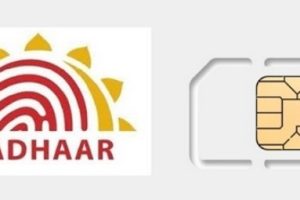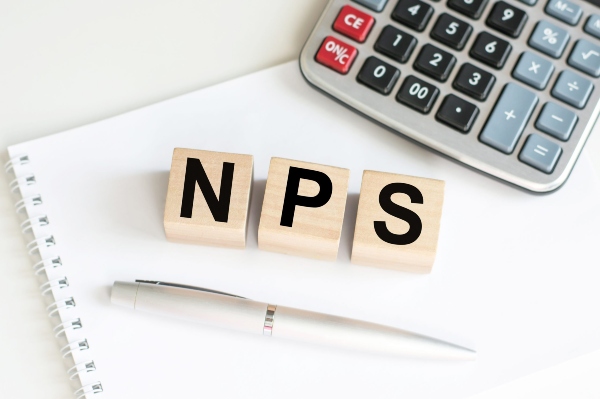The National Pension System (NPS) is a long-term retirement scheme that not only helps you build a sizable fund but also allows you to save a significant amount of money on taxes. If you chose the previous tax regime, you can still benefit from NPS tax savings. The Pension Fund Regulatory and Development Authority (PFRDA) and the Central Government have jointly developed the long-term retirement scheme. This pension system is available to employees in the public, private, and unorganised sectors, except for those in the military forces.
Those who contribute to the National Pension System can enjoy the following tax benefits:
* NPS payments of up to Rs 1.50 lakh are exempt from tax under Section 80C of the Income Tax Act of 1961.
* Tier-1 NPS account holders are eligible for an additional deduction of Rs 50,000 under Section 80CCD(1B). This makes the total NPS contributions of Rs 2 lakh tax-free.
* Now, if your gross salary is Rs 10 lakh per year, NPS payments can assist you lower your tax liability to zero. NPS contributions alone are insufficient. They will undoubtedly benefit you greatly, but you must claim additional deductions.
Here’s how to get your taxes to zero:
House Rent Allowance (HRA) Exemption
Under Section 10 (13A), the HRA is determined as follows: The employer has provided the actual HRA. Employees living in metro cities receive 50 per cent of their base wage, while non-metro city employees receive 40 per cent. If your annual pay is Rs 10 lakh, you may easily claim Rs 1 lakh as an HRA. After Rs 2 lakh in NPS deductions and Rs 1 lakh in HRA claims, your taxable income will be Rs 7 lakh.
You can deduct an additional Rs 1.25 lakh in reimbursement claims for entertainment, transportation, telephone, and stationery expenses. After consulting with your company’s human resources department, you may include these in your remuneration. Most offices have provisions in place to handle these reimbursement claims. With that deduction, your taxable pay remains at Rs 5,75,000.
Health Insurance Premiums
Section 80 (D) allows you to deduct Rs 25,000 (up to Rs 50,000 if the insured is a senior) from your health insurance premiums. Individuals, spouses, children, and parents can all claim deductions. The taxable income will be Rs 5,50,000 after claiming the health insurance premiums.
Tax Rebate under Section 87A
Section 87A of the Income-Tax Act allows you to claim a maximum rebate of Rs 12,500 for the fiscal year 2023–24. With this deduction, your taxable income remains Rs 5,37,500.
Section 16 (1a) also provides for a standard deduction of Rs 50,000. After that deduction, your total taxable income will be Rs 4,87,500.
In the previous tax regime, you had to pay a 5 per cent income tax on any income less than Rs 5 lakh. However, you later receive a tax rebate, which reduces your income tax to zero.
Source By: news18










